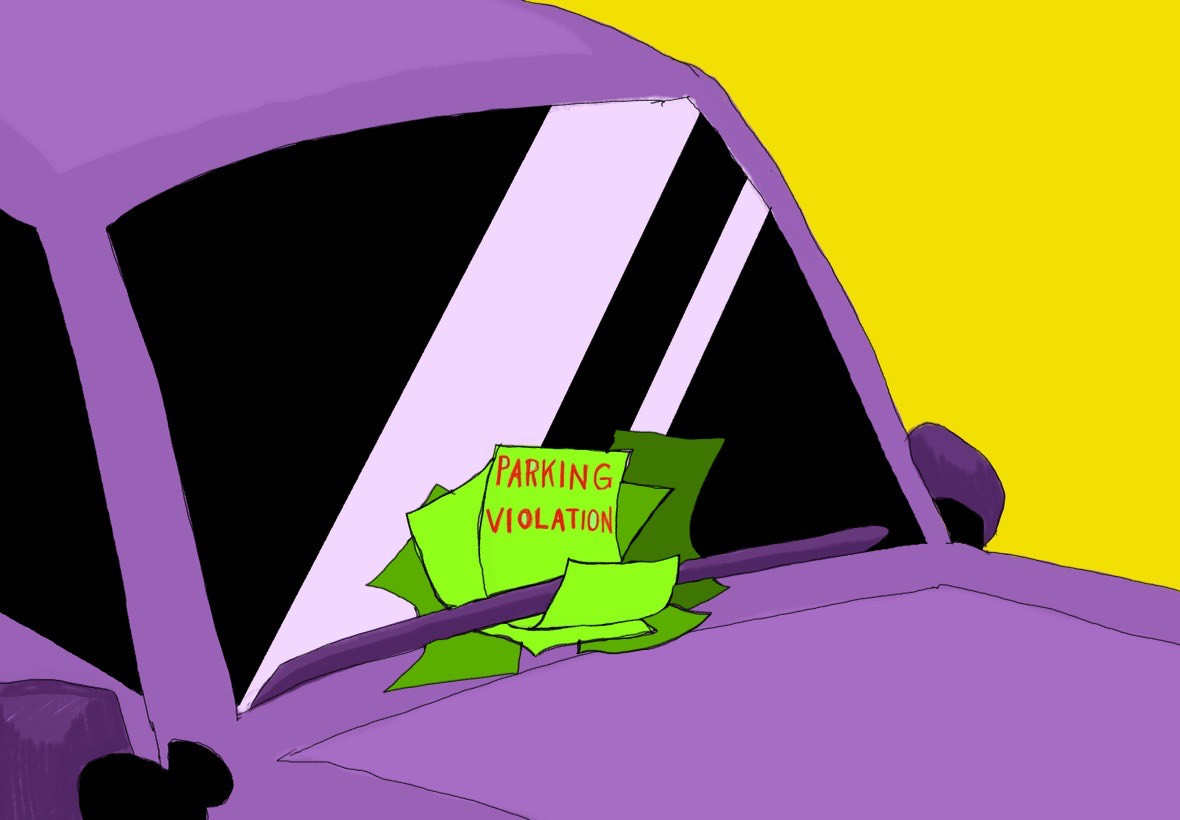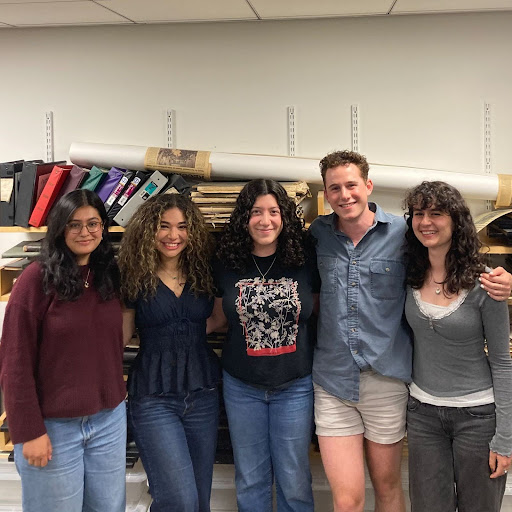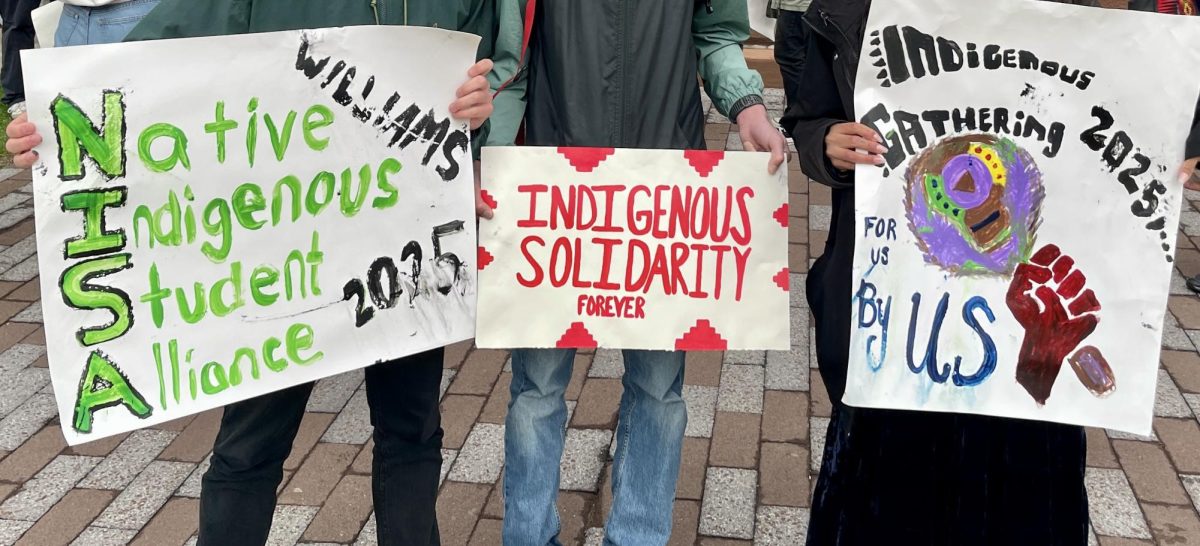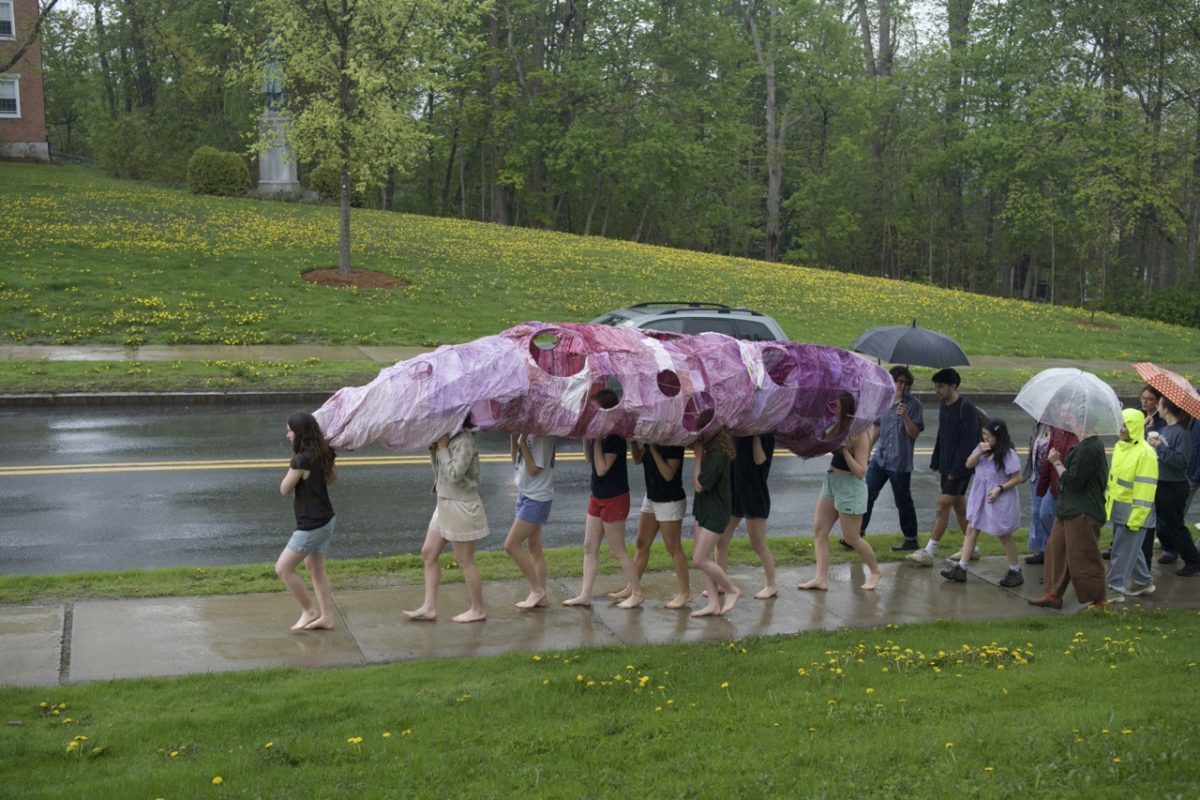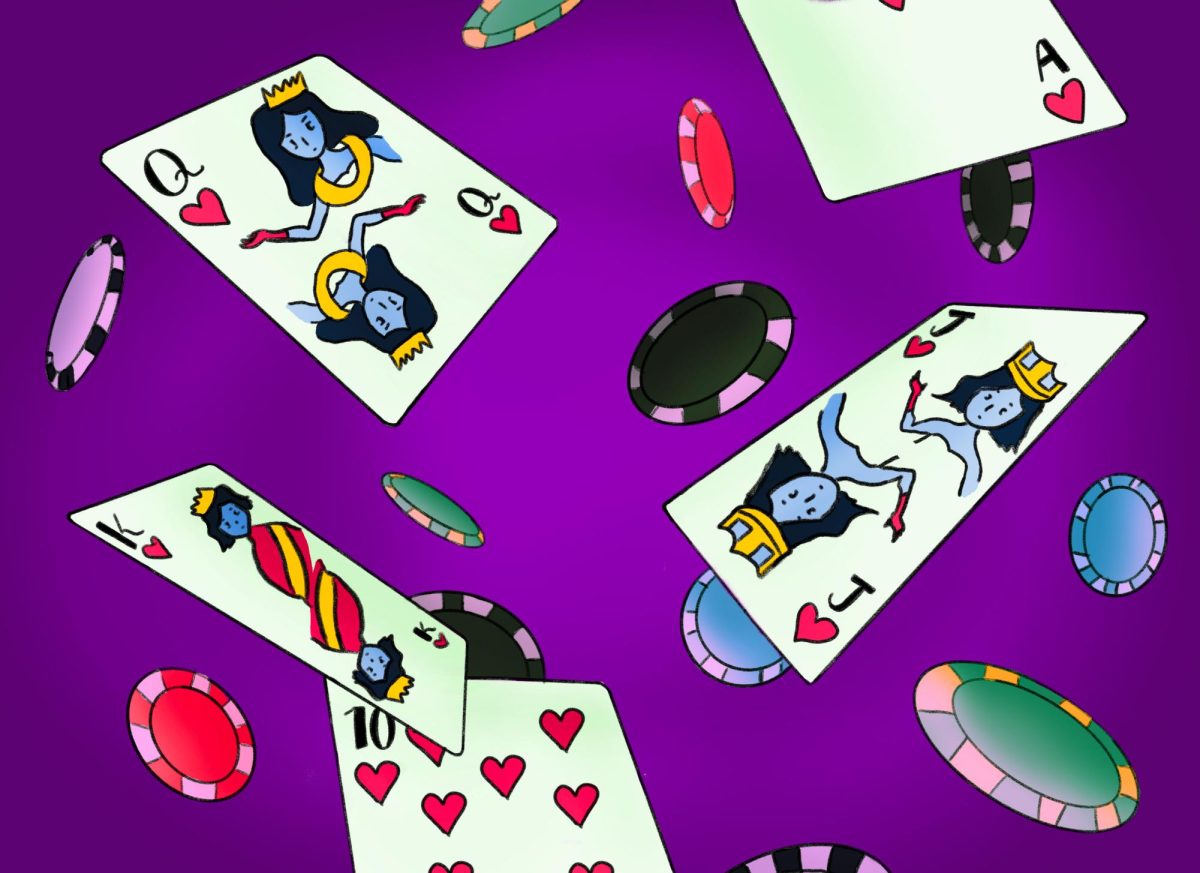
This Winter Study, many unusual, surprisingly specific classes filled the pages of the College’s student-taught Free University course catalog — among them courses about appreciating the Midwest and analyzing Taylor Swift lyrics. This year students offered not one, but two poker courses, both centered on escaping the male-dominated poker landscape. The courses — “Poker Power: Flip the Odds in Your Favor” and “Poker Lessons for non cis men” — targeted a female and nonbinary audience.
Leaders of “Poker Power” Grace Knight ’24 and Diana Sobolieva ’25 told the Record about their experience formulating and conducting the class. In November, through the Women in Business Club, Knight and Sobolieva both attended the Harvard Intercollegiate Business Conference. There, they learned about Poker Power, an organization whose mission is to “empower women [and] build new life skills over a thrilling game of cards so that they can play life differently — at work, at home, and everywhere in between,” according to its website. Encouraged by the panelists, Knight and Sobolieva began the process of bringing Poker Power’s mission to the College.
Knight and Sobolieva both described their affinity for the game. “Poker is, first of all, such a cool game,” Sobolieva said. “It’s super fun, but I was pretty intimidated by it. I know some of my guy friends were playing it, but I never tried — I don’t know why.”
“I love the confidence it gives you once you learn it, because I came from not wanting to even attend the panel [that] brought it to campus,” Knight added. “I considered it something that was not for me, and now I’m a really big fan of it.”
Sobolieva’s interest in poker deepened after the College’s “Probability” course taught her how the game utilizes probability. But as she became more familiar with poker, she said, she started to understand its additional value. “You learn so many things even about yourself — you learn biases that people have,” she said.
Knight also learned more about herself as she studied poker. “The game itself has taught me to be more patient,” Knight said. “I think as a senior, a lot of us are thinking about jobs, what the next step is going to be post-graduation. I think even outside of the game poker, I’ve become a little more patient with things that are unpredictable.”
Sophia Trone ’24, one of nearly 50 students who signed up for the “Poker Power” Free University course, said that she was drawn to the course because of its mission to both teach poker and empower women. “I’ve played poker a couple times with my family and my friends, but I felt like I had never really understood the rules, or really even understood any sort of strategy,” she said. “When I saw this class that weaves together the importance of learning poker and the empowerment of women, I thought that was really interesting.”
Empowering women and nonbinary students was a central goal of Knight and Sobolieva’s course, and they recalled moments that align with that mission. Knight, for instance, remembered helping the women in her course find confidence playing the game. “I was teaching a girl, and you could tell she was a little hesitant to play,” Knight said. “And I was like, ‘No, those are good cards, and even if they aren’t, you should just try.’ It was so nice to watch her become more confident.”
“I’m just really happy to see a lot of girls [be] able to flip that mindset of insecurity,” Knight added.
The other course, “Poker Lessons for non cis men,” was taught by Annie Gustafson ’24. This fall, she hoped to play poker with friends at the College. “I found that, consistently, friends who were guys were more likely to know the rules,” Gustafson wrote in an email to the Record. “My non-male friends were eager to learn poker, but they just had never been taught, which led me to create my Free University class.”
Both course descriptions called attention to the gender disparity in knowledge of the game. “As a math major and chess player, I’m used to male-dominated spaces, and I learned that poker is very similar — roughly 96 [percent] of professional poker players are men,” Gustafson wrote.
Gustafson’s course was also popular, seeing 30 sign-ups from interested students. Though Gustafson used Poker Power to learn herself, in leading her course, she mostly fostered an informal atmosphere without the program’s structured lessons, she wrote.
Though somewhat surprised, Sobolieva and Knight — avid believers in the importance of learning poker — were also excited to discover that their course was not the only one related to the game on offer in the Free University catalog. “It was really cool to see,” Sobolieva said. “I thought it was awesome.”
“I think it shows there might be a need for a club!” Knight exclaimed. “I think [both of these courses] represent that you should really try things that you might be scared of, even if it’s just a card game!”




